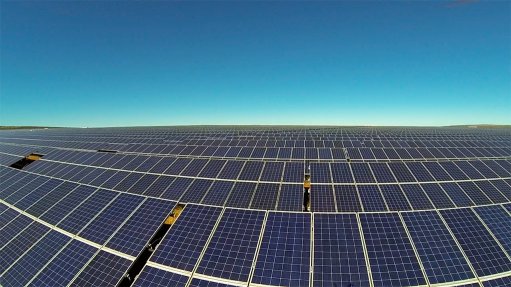
Given the environmental and economic benefits of South Africa’s independent power producer (IPP) programme, its continuation and growth will best serve South Africa’s energy needs, says energy solutions provider Energy Partners head of business development Andre Agenbag.
Commenting on State-owned utility Eskom’s announcement last month that it will not sign new power purchase agreements with IPPs beyond those selected in the latest bidding round, he notes that while detractors often correctly claim that wind and solar power can be inconsistent and unpredictable, these concerns are manageable as part of a larger energy portfolio.
Agenbag explains that South Africa’s IPP programme is divided into a number of subcategories including renewable energy, coal power, gas power, cogeneration and others, which is more environment friendly and will ensure a consistent power supply and lower costs.
He points out that, while Eskom is not a decision-maker in the IPP programme, the company remains a major stakeholder and, as such, it does have the potential to delay the roll-out of further projects under the IPP programme.
“Eskom is unable to completely block the programme, but may attempt to stall the process through additional red tape and costs,” he notes, adding that this will have negative consequences such as lack of foreign investment, less renewable energy in the energy mix and potentially resulting in another period of load-shedding.
Agenbag adds that Eskom may be reluctant to sign contracts with more IPPs owing to the company’s recent investment in new coal-fired power stations and the country’s slow economic growth, which may lead to electricity supply being higher than demand.
Aside from the environmental benefits, Agenbag says, IPPs could potentially generate cheaper electricity than Eskom currently offers and can, therefore, benefit the economy in the long run.
So far, the IPP programme has led to R195-billion in direct investment and added 2 145 MW to the grid.